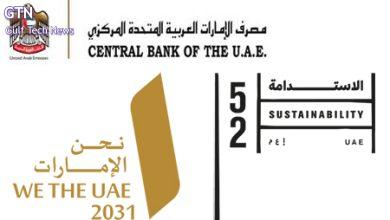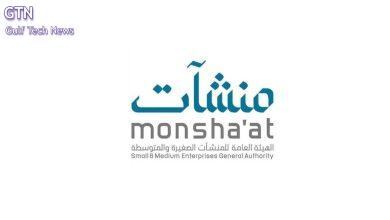EY: 81% of MENA executives anticipate growth and investment opportunities to come from the Middle East

According to the latest edition of the EY Global Capital Confidence Barometer (CCB), 81% of business executives surveyed in the MENA region expect the Middle East to be a preferred investment destination, which will generate the most growth and opportunities for their company in the next three years.
Though 90% of MENA respondents experienced a decline in revenue due to the COVID-19 pandemic, most companies feel satisfied with their performance during the crisis.
In addition, 71% of those surveyed expect to see revenues return to pre-pandemic levels by 2022 or earlier, while 69% anticipate a return to normalized profitability within the same timeframe.
Prompted by the pandemic, almost all executives (98%) conducted a comprehensive strategy and portfolio review, and they plan to focus on investing in customer-centric digital and technology capabilities.
Mergers and acquisitions (M&A) will be the preferred strategic option as companies look to accelerate growth in the post-pandemic world, with 37% of MENA companies planning to actively acquire in the next 12 months.
Matthew Benson, EY MENA Strategy and Transactions Leader, says:
“The reduced travel, social-distancing, remote-working, and low oil prices of the past year have had a disproportionate impact on corporate earnings. Yet MENA corporates remain nimble and resilient with executives finding that the current circumstances present a unique time for M&A, with several sectors ripe for consolidation.
“In 2020, M&A activity was largely led by government related entities and the transformation of national oil companies ARAMCO and ADNOC, as well as the investment strategies of ADQ and PIF. This is in line with the general trend toward increase privatization related to key infrastructure assets such as electricity, aviation, and housing. However, there is also a strong pipeline of interesting mid-market opportunities, largely driven by sellers’ needs to raise capital.”
Corporate strategies focus on resilience and accelerating digital transformation The CCB report found that 87% of MENA companies are undertaking substantial business and technology transformations to stay relevant and accelerate growth. The application of technology due to
the impact of COVID-19 on workplace protocols has made MENA corporates more productive, triggering the beginning of a widespread digital makeover across many sectors.
MENA respondents cited a specific focus on accelerated digitization of customer journeys and business processes as their most important strategic action for growth. Furthermore, they are looking for digital solutions that can help them increase customer interactions, and technology and automation that can reduce labor costs and increase scalability to drive increased profit margins.
To support their transformations, 76% of MENA companies plan to increase investments in technology and digital, while 64% will focus more on innovation.
Growth plans rely on bolt-on acquisitions and domestic assets
When asked about their primary planned M&A activity, 84% of MENA respondents said they plan to invest in bolt-on acquisitions – smaller acquisitions in the same sector that will increase market share. In
addition, 55% of those who plan to acquire are looking for assets domestically rather than internationally.
With that said, the CCB reports that 94% of executives expect greater competition for assets, with much of the competition expected to be from private capital in the MENA region.
The top five investment destinations in the MENA region, including both domestic and cross-border M&A activities, are the Kingdom of Saudi Arabia, the United Arab Emirates, Kuwait, and Oman, with Egypt listed as the fifth destination.
The segments most likely to actively pursue acquisitions in the next 12 months are automotive and transportation (45%), advanced manufacturing (41%), financial services (39%), real estate and construction (36%), and oil and gas (28%).
Anil Menon, EY MENA M&A and Equity Capital Markets Leader, says:
“The vast majority of MENA respondents shared that the pandemic led to a reassessment of their M&A strategy and rebalancing of their portfolio. Moreover, when surveying a target for acquisition, companies
are not only considering overall resilience, but digital strategy and technology alignment. Many corporations have accepted the pandemic fallout as an opportunity to grow market share and increase speed to market to meet the fluid and dynamic business environment.
“Deal drivers such as attaining technology, production capabilities, and securing the supply chain are underpinning M&A intentions and executive investments for the next 12 months through the upturn — a clear indication that transactions can be the fastest route to transformation and recovery.”
MENA governments are making the region more attractive for FDI To encourage economic activity, governments in the region are enacting regulations that are more friendly to FDIs, both on a corporate level (e.g. foreign ownership of assets, easing of capital market norms, and simplifying the ability to invest in local capital markets) and a citizen level (e.g. elongation of visa periods, citizenship, among other incentives). At the same time, governments are trying to promote liquidity in the capital markets via mandatory listings for certain types of organizations and secondary markets for medium-cap companies.




